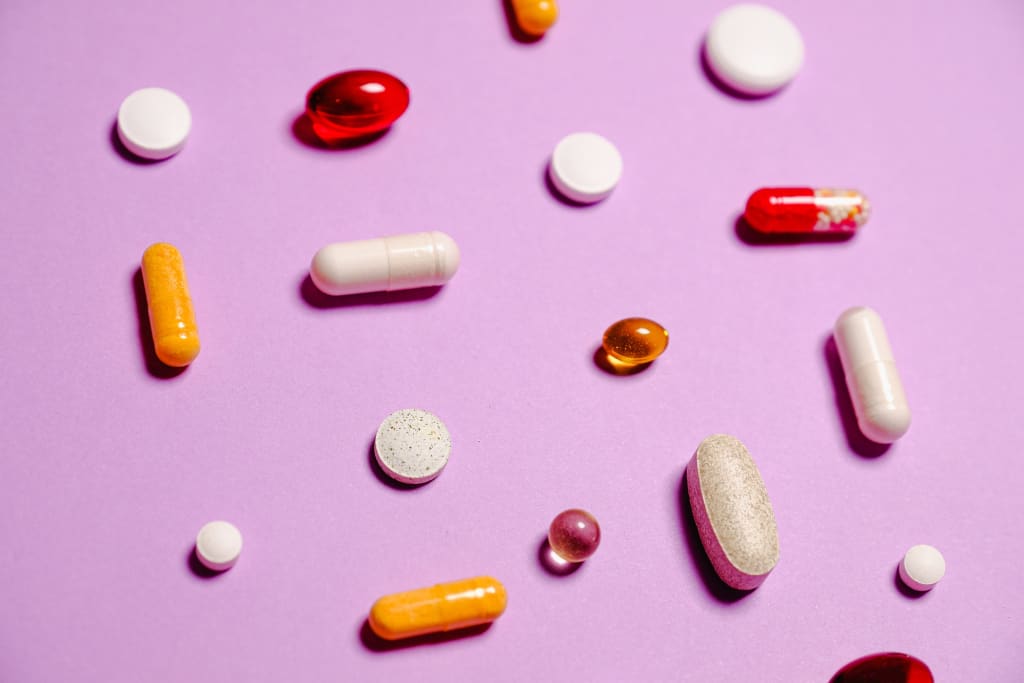
Though the definition is usually misunderstood and not understood that often, polysubstance abuse occurs in those who repeatedly use three or more substances, often with no special preference to any of them. Some drug addictions are characterized by drug cravings that develop into habitual use of a specific drug. Others involve taking several substances for extended periods of time, with little or no withdrawal symptoms. This type of drug addiction is called substance abuse and often goes undiagnosed or untreated for long periods of time.
Group therapy and individual counseling are effective methods of helping addicts to reduce drug abuse. The objective of group therapy is to build a support system for the individual struggling with addiction. Group therapy allows the recovering addict to interact with others who have been through the same ordeal and has helped others to overcome their own addictions. Group therapy also helps the group members to understand the behavioral therapies, such as NLP (Neuro Linguistic Programming) and cognitive behavioral therapy, which are used to help addicts combat their addictive tendencies. Group therapy is usually conducted by a professional social worker, and its effectiveness depends on the sincere efforts of the group members.
On the other hand, an individual can become dependent on alcohol or other substances, without experiencing a significant change in his lifestyle. An example of this is when a person begins drinking and consumes excessive amounts of caffeine and does not get any psychological or physiological effects in the short-term. He may, however, experience withdrawal symptoms when he reduces his consumption of caffeine, which could trigger him to use harder substances. This form of polysubstance abuse results in physical dependency, as opposed to psychological dependency.
When an individual suffers from polysubstance abuse, it is important for medical professionals to take steps to keep the patient safe. There are two types of health complications that may arise due to drug or substance abuse. The first is physical, where symptoms like lack of sleep, edema, bruising, fever, and vomiting, may occur. The second type is related to mental health complications, such as depression, paranoia, and mania.
The use of controlled substances can lead to a number of serious health complications. Although it is true that many individuals develop addictions to drugs and alcohol, there are some who develop polysubstance abuse, as well. The symptoms of drug and substance abuse include nervousness, insomnia, dizziness, restlessness, frequent urination, mood swings, insomnia, headaches, and stomach pains.
It has been found that many drug users, who abuse one or more substances, will experience severe withdrawal symptoms when abruptly stopped from their drug use. Withdrawal from drugs like alcohol and heroin is characterized by intense cravings, insomnia, nausea, and vomiting. People who abuse these substances also may experience intense cravings for food, which can cause anorexia. This condition is recognized by the absence of normal eating habits and eating only small amounts of food throughout the day. Some drug users may even develop a chronic anxiety disorder as a result of polysubstance use.
When someone develops polysubstance abuse, they are at risk for developing a serious addiction to drugs and alcohol. This condition is often recognized by a combination of withdrawal symptoms, physical problems, and mental health complications. Although it can be very difficult to get over a drug addiction, it can be done through counseling and treatment. Many rehab centers have a variety of different programs available to help patients kick the addiction cycle.
The first step a person needs to take when suffering from a polysubstance dependence diagnosis is to admit that they have a problem. Once a person has admitted that they have a substance use disorder, they can start looking for treatment options. Detoxification programs are a common way to begin the process of kicking a drug addiction. Inpatient programs are also an option. Both outpatient and inpatient programs are excellent choices for those looking to kick a drug addiction. These programs allow the individual to get the help they need without having to commit to long term treatment.





Comments
There are no comments for this story
Be the first to respond and start the conversation.